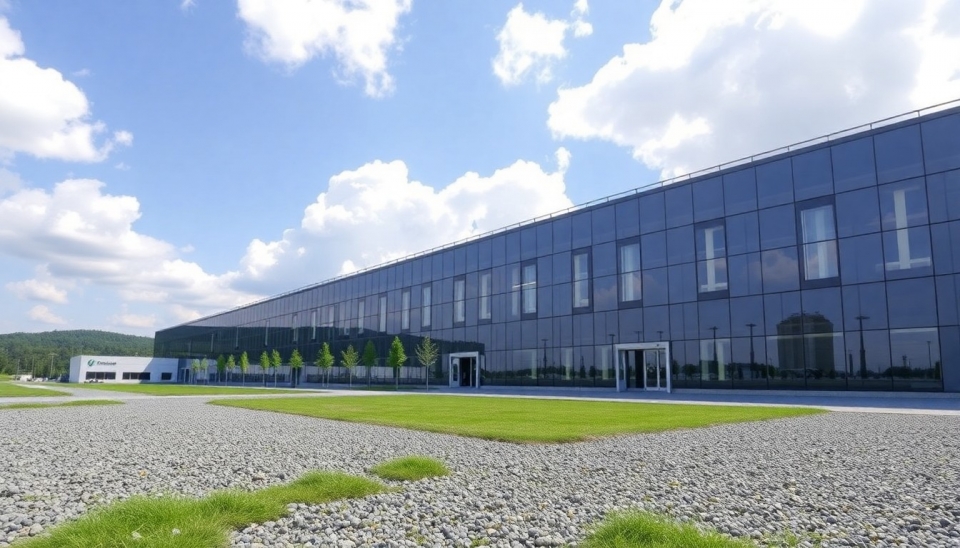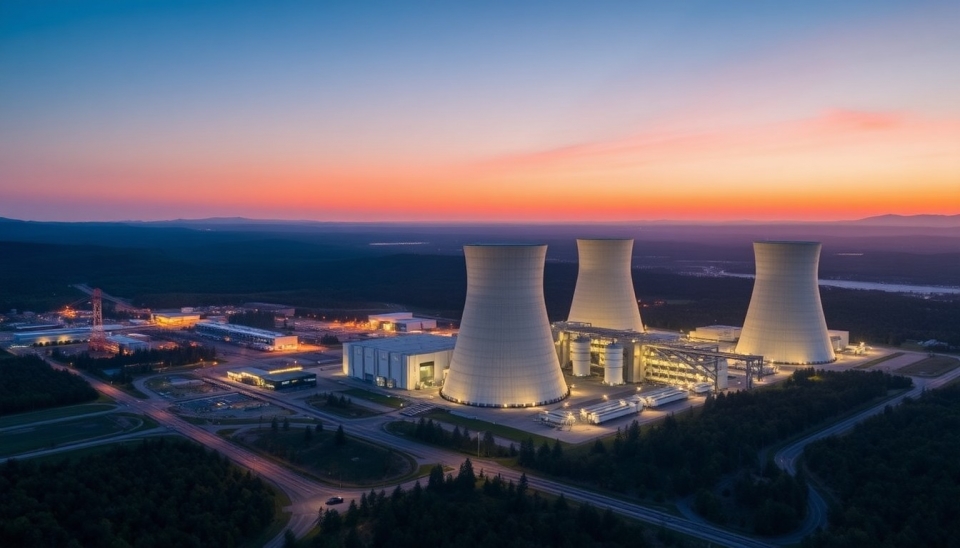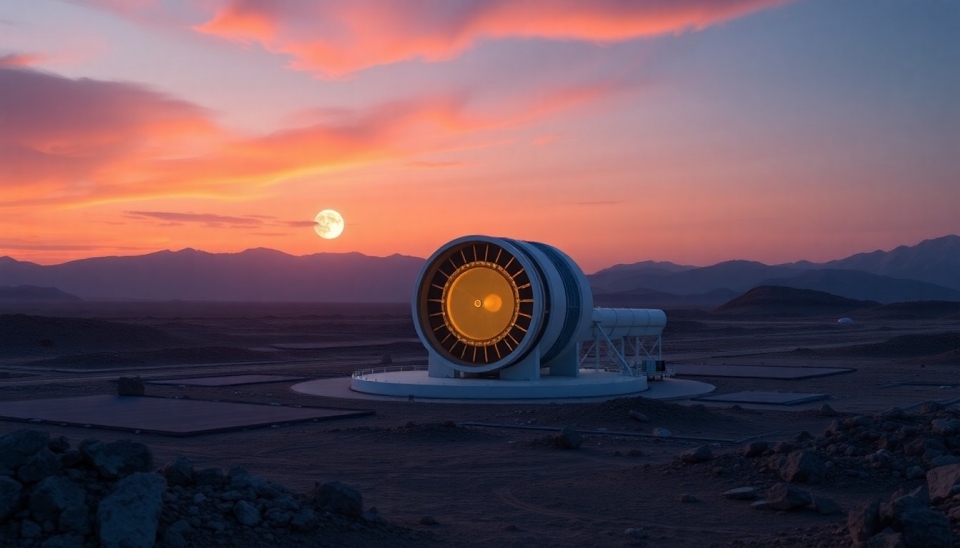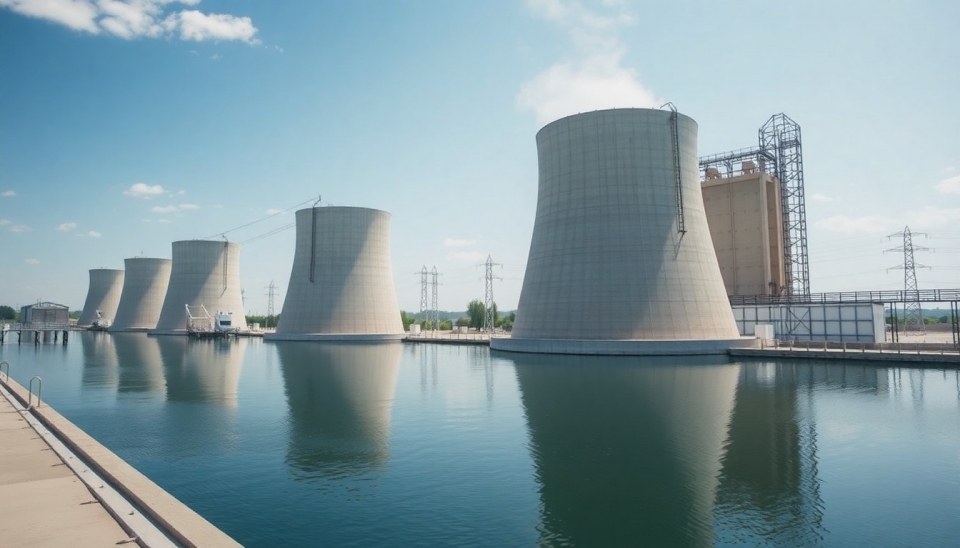
In a remarkable turn of events, nuclear energy has begun to reclaim its place in the global energy mix, propelled by mounting concerns over climate change and escalating energy demands. Recent developments indicate that nations worldwide are reconsidering nuclear power as a vital component in their strategies to achieve carbon neutrality and secure reliable energy sources.
The shift back to nuclear energy can be attributed to several crucial factors. As the world grapples with the urgent need to reduce greenhouse gas emissions, countries are increasingly recognizing that nuclear power—despite its controversial history—offers a low-carbon alternative that can help meet energy demands without exacerbating climate issues. The rise in energy prices and the need for energy security, especially in the wake of geopolitical tensions and supply chain disruptions, have further fueled this renaissance in nuclear technology.
Countries such as the United States, France, and China are leading the charge, investing heavily in modern nuclear technologies, including small modular reactors (SMRs) and advanced reactors. These innovations promise to enhance safety, reduce waste, and improve the efficiency of nuclear power generation. Notably, the United States is pushing to construct its first new nuclear plants in a generation, which signifies a bold commitment to reinvest in this energy source.
France, a long-time advocate of nuclear power, is ramping up its efforts to expand its fleet of reactors. The French government has pledged to build at least six new reactors by 2035, emphasizing the significance of nuclear energy in achieving the country's climate goals. Meanwhile, China is making ambitious strides by investing in both traditional nuclear plants and cutting-edge technologies, poised to become the world leader in nuclear energy production in the coming years.
This resurgence in nuclear power is also becoming a focal point of debate among various stakeholders. Proponents argue that it is an essential tool for transitioning to a sustainable energy future, creating jobs, and maintaining energy independence. However, opponents raise concerns about potential nuclear accidents, radioactive waste management, and the long construction lead times associated with building traditional reactors.
As the dialogue surrounding energy generation continues to evolve, the nuclear industry is attempting to address these concerns. Enhanced safety protocols, community engagement initiatives, and innovative waste disposal methods are being developed to improve public perception and support for nuclear projects. The International Atomic Energy Agency (IAEA) has also voiced its endorsement of nuclear energy's role in combating climate change, highlighting the potential of nuclear to provide reliable baseload power in a future heavily reliant on intermittent renewable sources.
The growing interest in nuclear power can be seen as part of a broader trend towards decarbonization and resilience in energy systems. As nations strive to balance economic growth, energy security, and environmental sustainability, nuclear energy is making a notable comeback, signaling that it may once again be a pivotal player in the global energy landscape.
While the transition to a more sustainable energy future remains fraught with challenges, the revival of nuclear power underscores a crucial shift in policy and public sentiment toward embracing this energy source. As the world faces unprecedented energy challenges driven by climate change, the nuclear renaissance suggests that this once-maligned industry may play a pivotal role in shaping a cleaner, more reliable energy future.
#NuclearEnergy #ClimateChange #EnergySecurity #SustainableFuture #CarbonNeutrality #NuclearRenaissance #CleanEnergy
Author: Liam Carter




